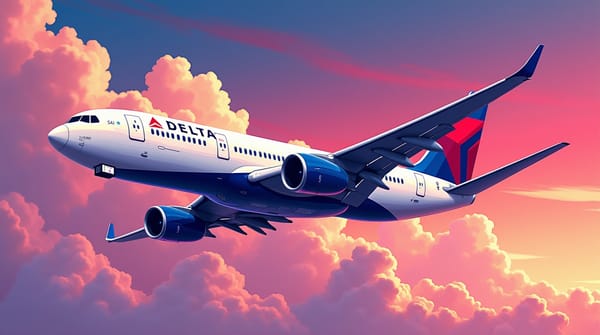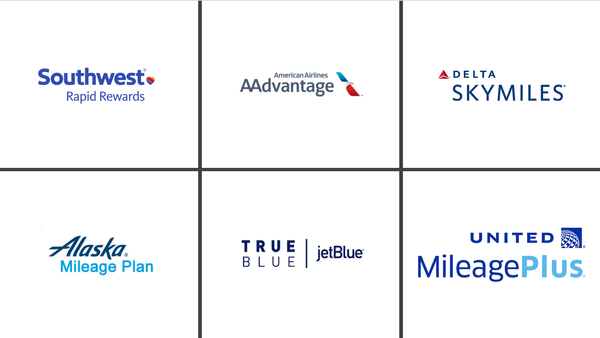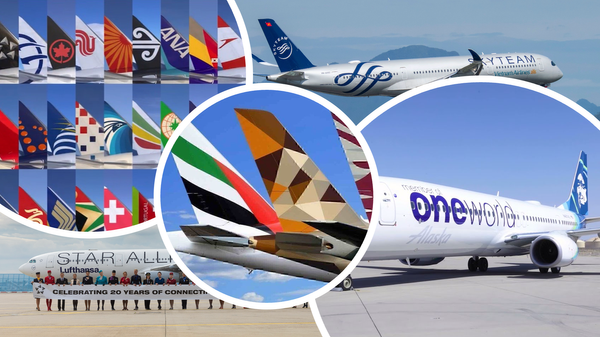Airline Elite Status: The Cult, The Myths, The Sucker’s Game • Day 4/5
Welcome aboard the elite status circus of April 2025. In the world of frequent flyers, airline elite status has become a quasi-religion – complete with its own rituals (mileage runs), status symbols (luggage tags and shiny cards), and a devout congregation chasing the next tier.
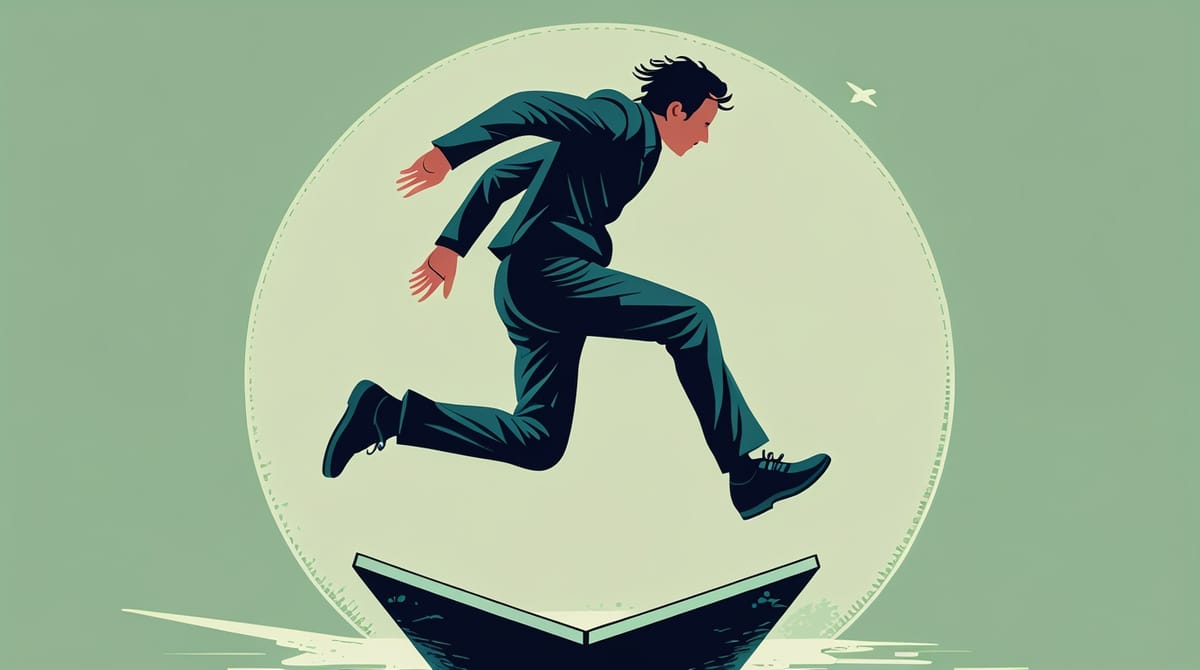
Deep Research Using AI
This epic, nearly 20,000-word beast of an article series was painstakingly conjured up with some Deep Research functionalities. While it may sound incredibly authoritative, well-informed, and even suspiciously insightful, remember—this content is intended for entertainment purposes only. Think of it as the informational equivalent of a late-night Wikipedia rabbit hole: fun, fascinating, occasionally eyebrow-raising, but definitely not something you should bet your house, job, or firstborn on.

In the parts 1-2-3 of this research we dove headfirst into the deep end of airline loyalty programs—and resurfaced with a few miles, some bruised egos, and a whole lot of strong opinions. This mega-guide (yes, we really went there) is your ultimate roadmap through the messy, high-altitude world of airline elite status in the U.S. Forget the glossy marketing brochures and influencer flexes; we’re here to decode how status really works today, how it’s changed, who it benefits, and who’s getting played.
In case you missed the series so far...
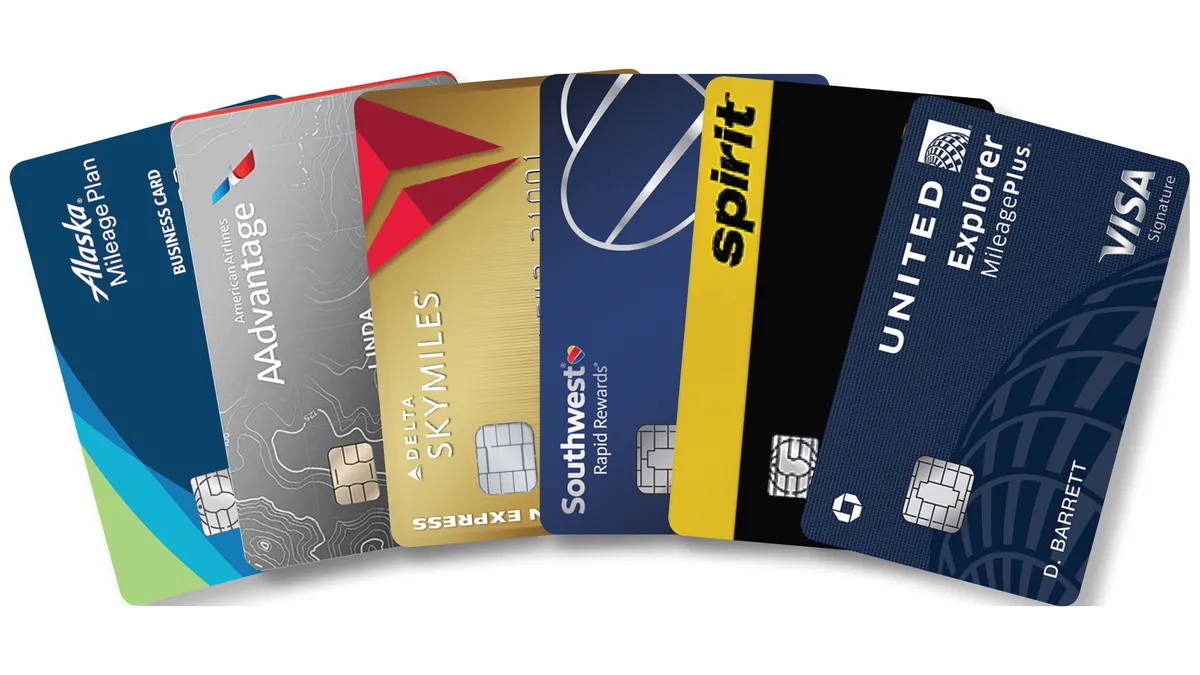
Part 3/5
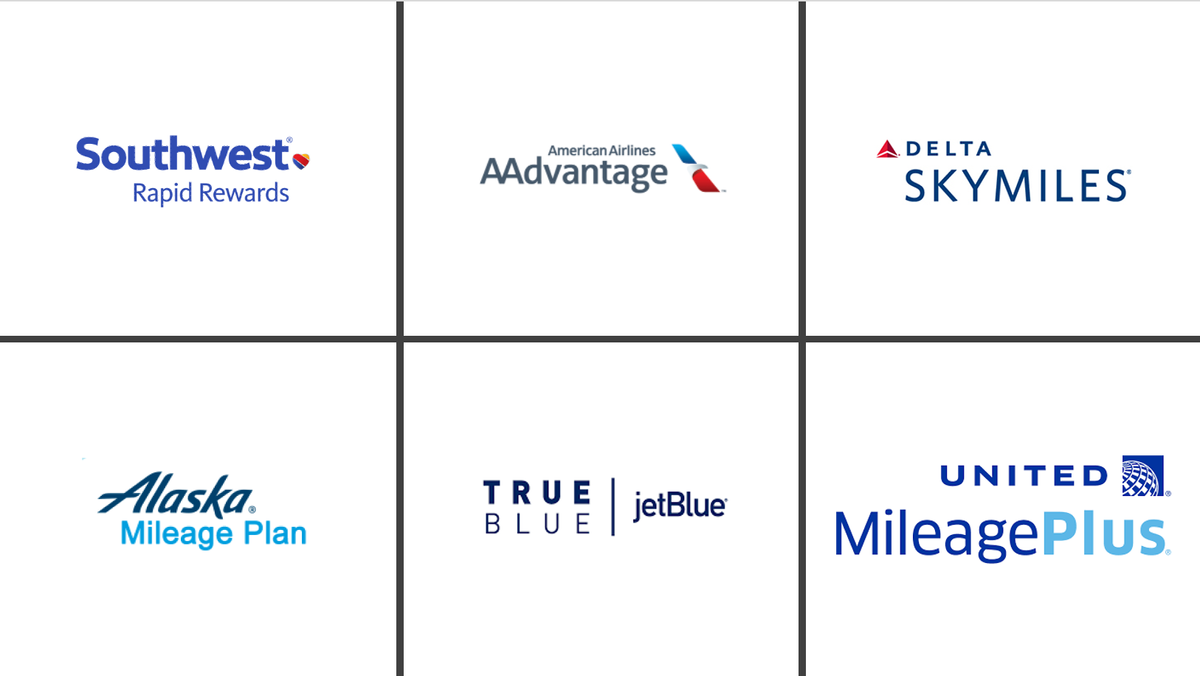
Part 2/5
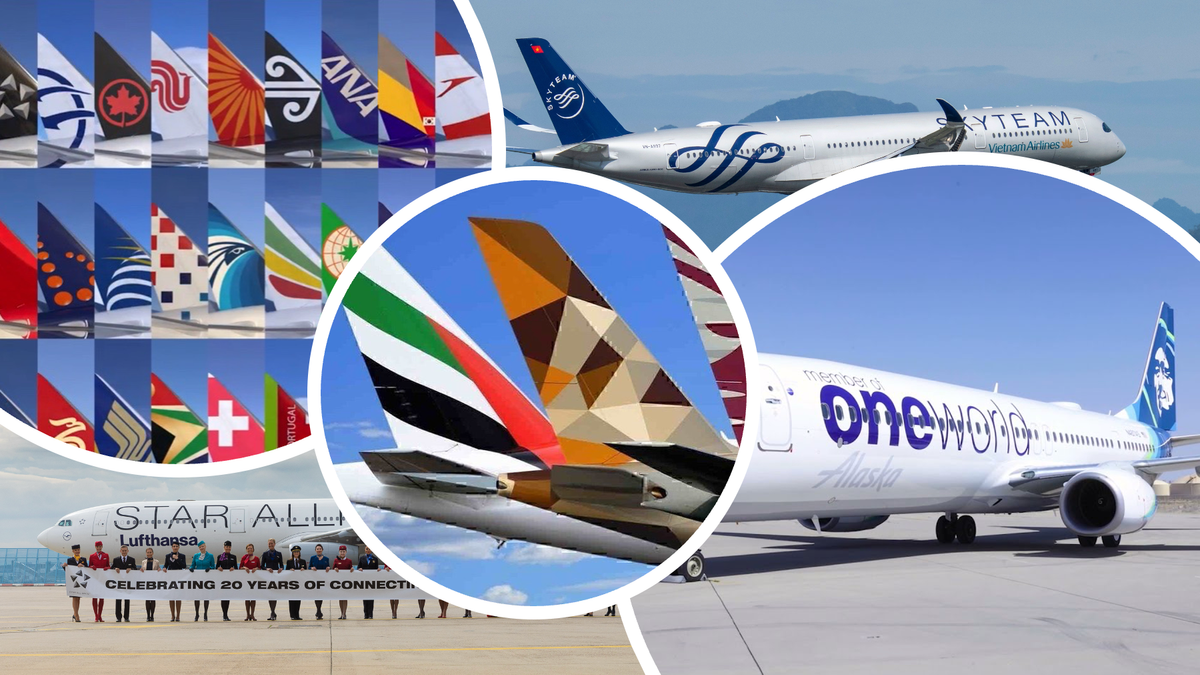
Part 1/5
With real-world examples, and hard-earned insights, we break down what each of the big three—Delta, American, and United—is doing in 2025 to entice (or trap) you in their loyalty ecosystems. We’re not holding back: think ruthless spending thresholds, inflated tier ladders, credit card loopholes, devaluation drama, and the status-matching shell game. You'll get clear-eyed breakdowns of the good, the bad, and the surprisingly mediocre perks that come with chasing these shiny tiers.
Along the way, we’ll dish out brutally honest pros and cons of elite status, expose the psychological traps that keep frequent flyers on the treadmill, and sprinkle in ProTips that cut through the noise. Whether you’re a road warrior looking to optimize your loyalty strategy or just wondering if that “Platinum” tag is worth the effort, this guide has your back—and maybe your sanity, too.
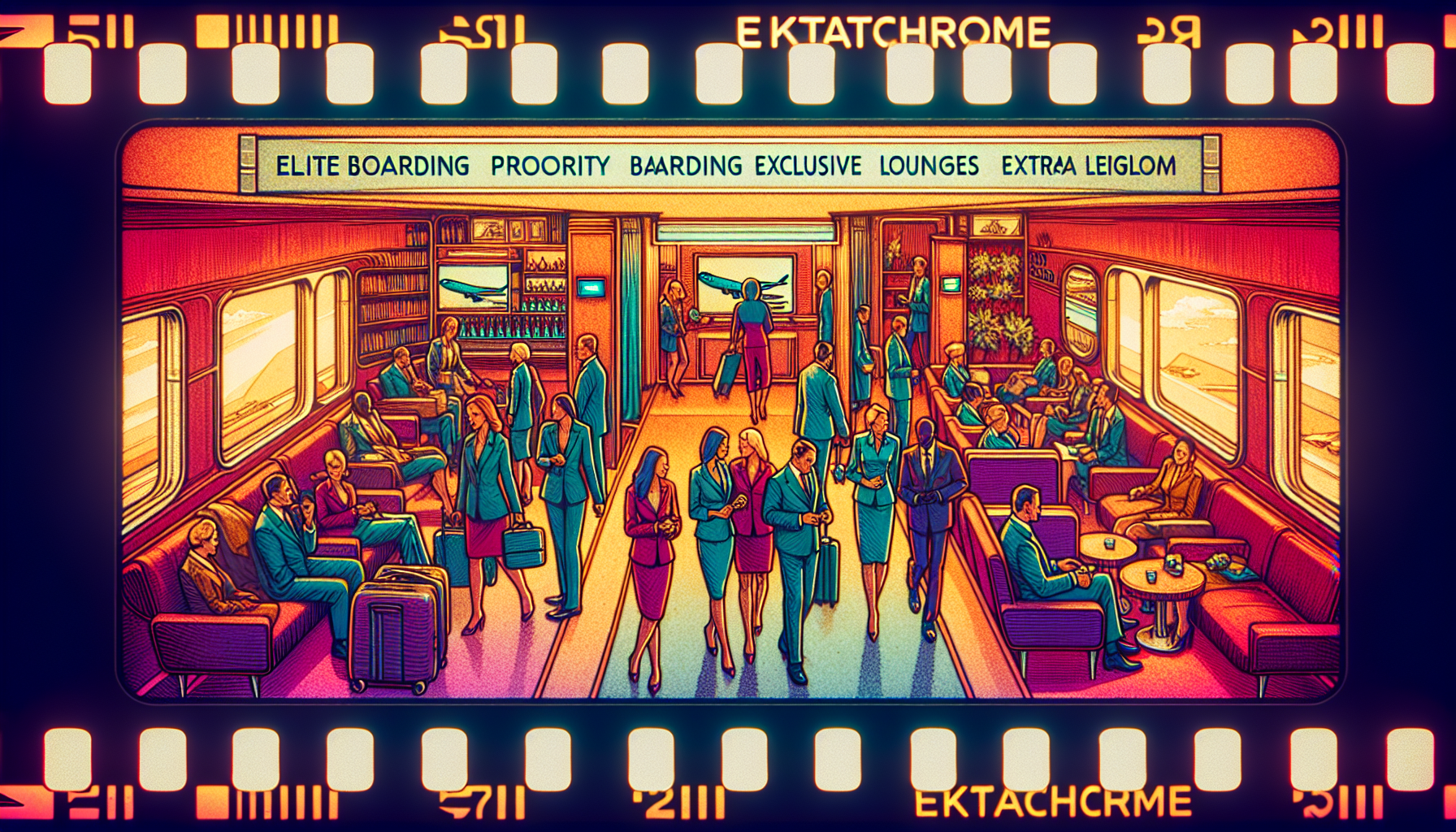
Pros and Cons of Chasing Airline Status
We’ve thrown a lot of shade at the concept of elite status, but also acknowledged some genuine perks. Let’s summarize the advantages and disadvantages of being an airline elite in 2025, brutally honestly:
Pros of Airline Elite Status
- Some Comforts for “Free”: Upgrades to lie-flat seats, access to lounges with free drinks and snacks, extra-legroom seats, skipping the baggage fee – these all save money or improve your travel experience. When they happen, it feels like you beat the system. A few lucky upgrades a year can make the journey much more enjoyable without paying $1000s for business class.
- Recognition & Service: There’s an ego boost and sometimes practical boost to being recognized as a frequent flyer. Gate agents might be more willing to help reroute you if they see you’re a top-tier. You often get addressed by name. If something goes wrong (canceled flight, lost bag), elites usually have dedicated hotlines or priority queues to fix it faster. That can reduce travel stress immensely.
- Fee Waivers: Change your flight last minute? Elite status often means no change fee or a greatly reduced one. Need to cancel an award ticket? Top elites on many airlines pay no redeposit fee. These can save serious cash if your plans are fluid. For heavy travelers, these savings can pay back the effort of getting status.
- Better Seats & Boarding: Even if you don’t get upgraded, being able to select aisle/window seats in advance, or exit rows (for free), is a nice plus. Boarding early ensures you have overhead bin space for your carry-on and can settle in. You’re treated a bit more like a human and less like cattle during the boarding process, which is worth something for sanity.
- Reciprocal Perks Globally: If you’re, say, a United Gold (Star Alliance Gold) and you take even a single international trip a year, you’ll love having lounge access on layovers, priority baggage (so your checked bag comes off first after that 12-hour flight), and priority boarding on partner airlines. It makes the unfamiliar travel abroad a bit more familiar and smooth. Similarly, flying domestic in Japan or Europe on an alliance partner, you get perks that you wouldn’t as a general customer.
- Community & Status Matches: Being an elite plugs you into a community of frequent travelers. There are forums, meetups, even secret Facebook groups for various statuses. If that’s your thing, it’s a camaraderie builder (“we survived 100 flights this year – cheers!”). Also, having any status often lets you status match to other programs or hotel programs. For example, many airlines will give you a trial status if you have a competitor’s. Some hotels will match your airline status to hotel status. It can open doors to other travel hacks.
- Small Luxuries Add Up: Little things like being greeted personally onboard (sometimes flight attendants acknowledge top-tiers), getting a free drink in economy (some airlines give mid/high elites a free alcoholic drink or snack), or even occasional operational upgrades (if economy is oversold, guess who gets moved to business? The elite, not the random person). These are inconsistent, but when they happen, it reinforces the “I’m glad I have status” feeling.
Cons of Chasing Status
- Significant Cost (Money & Time): If your flying patterns don’t naturally earn status, trying to get there can be a fool’s errand. Mileage runs cost money and burn your precious free time. Those extra connections or inconvenient routing just to stick with your status airline might mean hours of your life wasted in airports or middle seats, when you could have taken a non-stop or flown an airline with a better fare. Status is not “free” – you pay in hidden ways.
- Diluted Benefits & Crowding: As we hammered on, airlines have minted so many elites that the experience isn’t special. You may find the lounge is standing-room only, the upgrade list has 40 names for 10 seats, and “priority” boarding feels like half the plane. Being one of many elite soldiers in a big army isn’t that great – especially when everyone shows up to battle for the one upgrade. This can lead to major frustration (“What’s the point of my Platinum if I never get upgraded because there are 30 Exec Plats on my flight?”).
- Moving Goalposts & Devaluations: Loyalty is a one-way street with airlines. They routinely jack up the requirements or devalue the rewards. Delta’s example in 2024 is case in point. You think you’re set for next year and then – surprise! – your airline says you need to spend 20% more to keep the same status, or they eliminate the one perk you really cared about. It’s a treadmill, and you’re not in control of the speed.
- Golden Handcuffs (Loyalty Traps): When you’re deep into a status pursuit, you may make irrational decisions to protect it. Ever taken a connection in Dallas instead of a cheaper nonstop in Houston because you needed those AA Loyalty Points? Or booked a more expensive flight on United instead of Southwest because you didn’t want to “waste” a flight on a non-partner? This can cost you money and convenience. The opportunity cost of loyalty is real – you might miss out on better flights, better schedules, or simply saving cash, all in the name of chasing perks that you might not fully utilize.
- Psychological Stress: Some frequent travelers get anxious about their “stats” like a gamer chasing high scores. The addiction to status can genuinely cause stress – the year-end scramble to requalify (known as a “mileage run mad dash”), or the disappointment when you drop a tier and feel like a nobody. It’s a bit silly, but human emotions are tied up in it. Airlines prey on that (they literally talk about fostering a “cult-like loyalty” in some marketing meetings – they know it’s psychological). Being free of that chase can be liberating.
- Mediocre Actual Value: Crunch the numbers: say you flew 50k miles and spent $6k to get mid-tier status. What did you get? Perhaps 5 upgrades (worth maybe $1,000 if you price them generously), lounge access on 2 international trips (you could buy day passes for $100 each, so $200), waived bag fees on a few trips ($150), a couple free changes ($200). Maybe $1,500 of value for $6k spend – and you chose that airline even when it wasn’t the cheapest, so you might have overpaid by another $500 compared to chasing fares. Net-net, you could be down a few thousand bucks versus just buying perks à la carte or flying cheaper and paying for a nicer seat occasionally.
- Family Travel and Miscellany: One elite flying with family or friends doesn’t fully share benefits. If you have status but your spouse doesn’t, you might get upgraded and they won’t (awkward!). Or you board early but your family boards later (some airlines accommodate, some don’t). Yes, you can usually bring a guest to lounges, but not always a whole family. The pursuit of status is very individualistic, which might not align with how you actually travel (if you always travel with colleagues or family, individual perks lose some value).
- Airline Dependency: When you’re a top elite, airlines know you’re hooked. If something goes wrong and it’s their fault, sure they’ll help – but if it’s not their fault, you may not have other options. A free agent traveler might split loyalty and have points/status in multiple programs (though lower), giving flexibility to switch. The obsessed loyalist might not even consider other airlines, potentially missing out on better products or experiences. (E.g., a Delta elite might never try JetBlue Mint – one of the best U.S. business class products – because “Delta doesn’t fly that route and I refuse to stray.” That’s a self-imposed loss.)
In tomorrow's part 5 (and last one in this series), we’ll highlight a case study on Delta’s loyalty program as a cautionary tale of evolving benefits and rising tensions. From introducing revenue-based status to a major overhaul in 2024, Delta's shifting policies have sparked a mix of loyalty and frustration among frequent flyers.
It’s a perfect example of how airlines balance rewarding customers and increasing profits, and why it's critical to reevaluate your loyalty program strategy. Stay tuned for a deeper dive!




